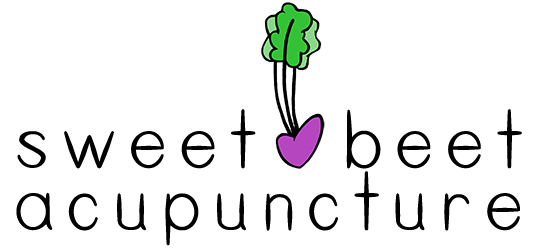Embryo transfer is part of the In vitro fertilization (IVF) process, it involves transferring 1 or more embryos that have been grown for 3-6 days back into the uterus in hopes of pregnancy resulting.
The day of embryo transfer is a big day, it's the day you could potentially become pregnant! Especially if you've been through a long journey of trying to conceive and going through IVF, sometimes it can be nerve racking to go into the next procedure not knowing exactly what to expect. But I'm here to tell you, it's not that bad!
Especially if you've already gone through egg retrieval(s) or IUI(s), you'll find the embryo transfer procedure itself a breeze. But being that it's such a crucial day in the IVF process, there are a few things you can do to prepare for, stay comfortable during, and increase the odds of success for your embryo transfer.
Read More






